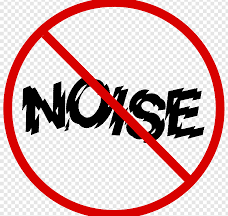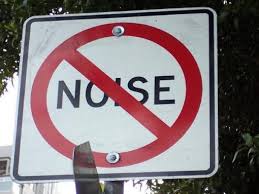 February 2022
February 2022
Daily activities of neighbours can be unavoidable challenges in high-rise communities.
Children playing on the floor heard above, below and next door. Another child, crying, and a barking dog are disruptive. Elsewhere someone is practicing the violin and another is playing loud music. Someone is renovating their home using a drill and hammering nails.
Those causing noise consider their activities to be normal and reasonable. Yet this cacophony of sound is highly disruptive and unreasonable to those trying to sleep, work or relax.
Parents find it stressful having to deal with a crying infant or telling their children to be quiet in their own home. Imagine having to keep children out of the kitchen because it is above another’s nursery, or to stop making noise in the living room because everything can be heard through a shared wall.
Frustrated residents respond with texts, letters and calls, some of which are nasty and include unreasonable demands.
The pandemic has only made things worse as more people remain at home during the day. Work activities conflict with recreational activities. Someone with a conference call at 1:30 pm doesn’t want to compete with banging, crying, barking or music in the background.
What is acceptable depends on many factors including an individual’s level of tolerance.
Most high-rise buildings offer a reasonable level of sound control preventing noise from daily activities from affecting neighbours. The general rule is that sound from one unit should not be heard in other units. This may require a level of sound control material below floors, carpets or rugs to absorb sound, and sound absorption material or panels on walls to supplement “natural” protections that are part of your building. Renovation and construction noise may be restricted to certain days or hours. The sound of running water or flushing toilets from other units is an indicator of more extensive building-wide problems management should address.
One of the roles of condominium management is to ensure these standards are maintained, and to take direct action when problems arise. Noise attributed to a specific unit requires that management take action to ensure the problem is resolved.







